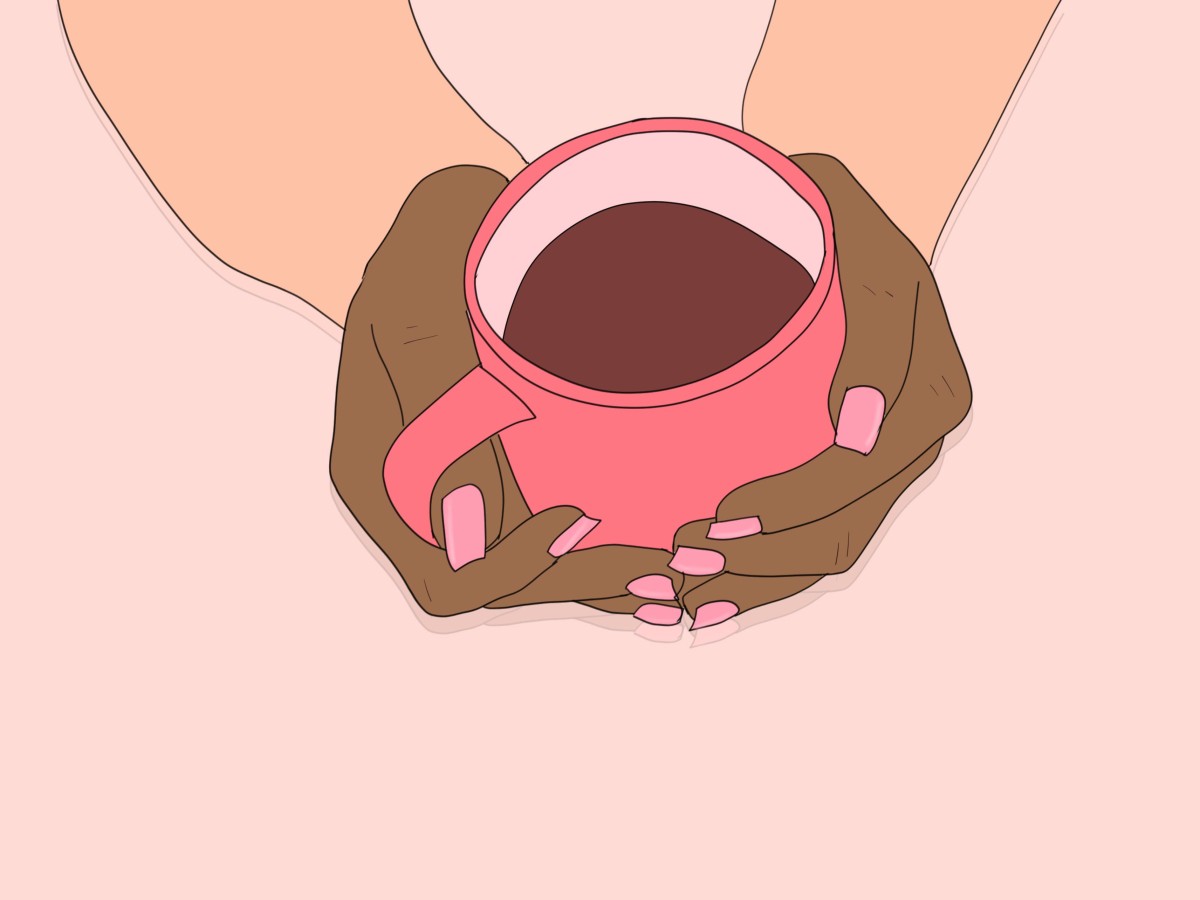The start of winter months is welcome by many, with the return of cosy nights indoors binge-watching Netflix. The cooler air is a refreshing change from the mugginess of summer, and the excitement of Christmas being around the corner leaves a lot of us feeling merry. For some, however, winter marks the return of feelings of sadness or anxiety. With changes throughout the year, it’s essential to take stock of seasonal patterns.
According to NHS Inform, Seasonal Affective Disorder (SAD) affects 2 million people in the UK and more than 12 million people across Northern Europe. SAD is a type of depression that affects people during the colder months, although some can feel symptoms in the summer. Although it’s commonly associated with winter depression, people with SAD can feel the effects at any time of the year.
Signs and symptoms of SAD can include feelings of despair, guilt and worthlessness, difficulty concentrating or irritability. Fortunately, there are steps you can take to subside the symptoms of SAD. So, if you suffer from the winter blues, keep reading.
Get plenty of sunlight
Did you know that reduced sunlight can cause a sharp drop in serotonin, which may trigger symptoms of depression? Before it gets dark in the evening, make sure to take daily walks in the bright light during the day. A quick stroll in the morning or even a brisk walk during your lunch break can make a world of difference. Be sure to keep blinds open during the day too!
Try a sunrise alarm clock such as a Lumie
One way to feel as though you are getting more exposure to sunlight is from a Lumie alarm clock. These incredible clocks work with a gradually brightening light that gently awakes you from sleep so that you feel more naturally wide awake, energised, and ready for the day. They can also help to balance your energy levels throughout the day. Not only are you awoken by a warming light but you can also gently rise to a peaceful birdsong rather than a blaring phone alarm. Light boxes are another way to help those affected by SAD with light therapy during the winter.
Eat a balanced diet

Make sure to eat healthily; protein is essential for looking after your mental well-being and regulating seasonal moods, and vitamin D and omega-3 do wonders if you’re feeling blue. Eggs and fish, such as salmon or mackerel, are great for your diet. Here’s a useful list of recipes that are good for fighting depression.
Keep active with exercise
When it’s cold outside it can be oh-so-easy to slump into your duvet for days. While this can be restorative, it’s imperative to keep some balance. Physical exercise will boost your energy levels, subsiding any low moods. Good exercises to try are swimming, dancing and cycling.
Keep your mind occupied with activities
When you’re suffering from feelings of depression it’s essential to keep your mind occupied. Activities such as colouring books, sudoku or painting are all excellent ways to stay in the moment, helping you to focus less on the sad thoughts in your head. Think of what you really enjoy doing and get to it! It can be anything from a trip to the cinema, coffee with a friend or even organising your makeup. Do what brings you joy.
If you are suffering from seasonal depression or other depressive disorders, it’s also important to seek professional help. Talking therapies are one of the best ways to tackle symptoms of depression. For more guidance on this, click here for useful contacts from the registered charity Mind.
Find more self-improvement articles here >
Written by Eliza Allen
Illustrated by Francesca Mariama

